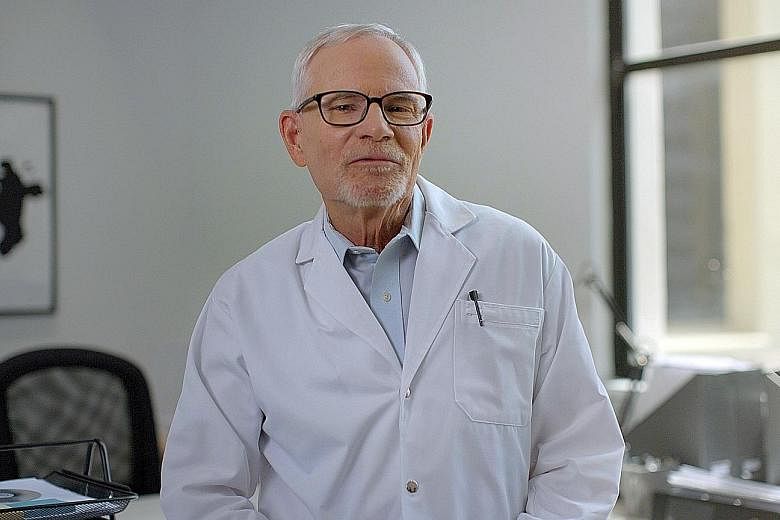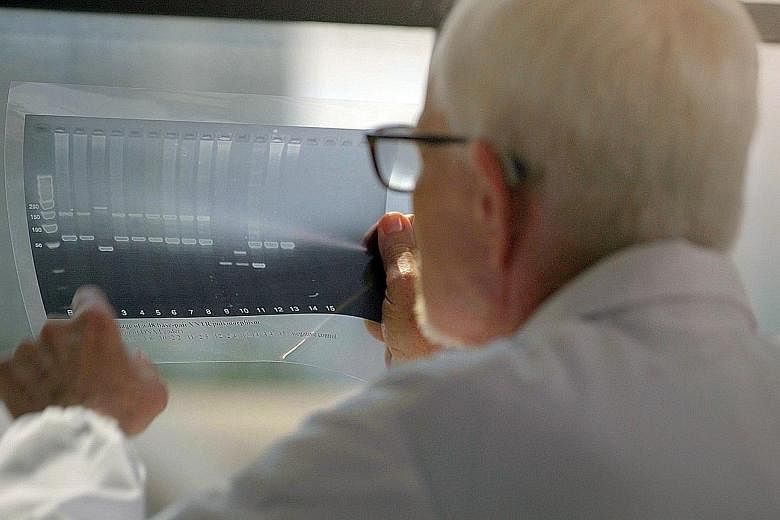Some people have a stronger desire to travel than others, and science may know the reason why.
Human behaviour geneticist Richard Ebstein has partnered budget airline Scoot to study the link between genes and people's desire to travel.
Already a subscriber? Log in
Read the full story and more at $9.90/month
Get exclusive reports and insights with more than 500 subscriber-only articles every month
ST One Digital
$9.90/month
No contract
ST app access on 1 mobile device
Unlock these benefits
All subscriber-only content on ST app and straitstimes.com
Easy access any time via ST app on 1 mobile device
E-paper with 2-week archive so you won't miss out on content that matters to you


